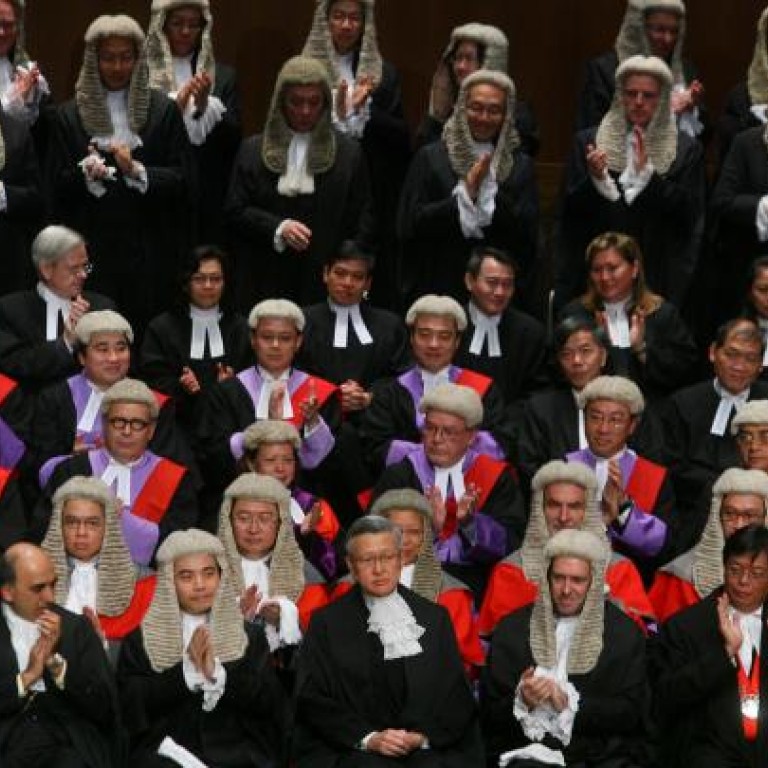
Weakening of watchdogs may be no accident
Our recent reflections on the "hollowing out" of the prosecutions division in the Department of Justice have drawn comments from some of our readers. We had called attention to the shortage of senior prosecutors and the problem this caused in appointing a replacement for Kevin Zervos when he steps down as Director of Public Prosecutions in the not too distant future.
Indeed, former DPP Grenville Cross highlighted the problem in an open letter to the incoming secretary of justice published in the some months ago. In what he described as an "unprecedented exodus", he said that in 2009, "the division was led by six Senior Counsel, now only one remains. Seven other directorate-level prosecutors have also departed in that time. Moreover, during the past year, the two newly appointed deputy directors of public prosecutions have resigned, within just months of their appointments".
However, readers have argued that this weakness in the prosecutions division, along with the chronic shortage of judges, is more by design than by accident. Indeed one goes so far as to write that this weakness stems from "government antipathy towards strengthening the institutions of state which have the potential to, and frequently are called upon to, fetter/oversee executive action".
He goes on to say: "The entirely calculated downgrading in the status of the judiciary over the past 15 years, both in terms of the loss of precedence and in terms of the consistently underwhelming remuneration/working facilities under which judges had to labour (now apparently beginning belatedly to be recognised given the embarrassing recent failure to attract suitable candidates), has had the entirely desired effect of weakening the crucial judicial element within government, and placing the administration - otherwise unfettered by an unrepresentative and internally divided, and thus necessarily weak, legislature - in a position unmerited by the less than stellar quality of the civil service bureaucrats and a Chief Executive clearly beholden to Beijing."
If this seems far fetched, it is worth noting that the Department of Justice is not the only arm of government that has arguably undergone a calculated downgrading. In 2005, the roles of the director of environmental protection and the permanent secretary for the environment were merged. The director was a career environmental scientist who, among other matters, presided over the statutory environmental impact assessment studies that have to be conducted for infrastructure projects such as the controversial Hong Kong-Zhuhai-Macau bridge. The permanent secretary, on the other hand, is a career civil servant charged with carrying out government policy.
It's not hard to see that merging the roles and putting a civil servant in charge undermines the work of the department, particularly when it comes to assessing projects that the government deems essential.
Another sensitive area is the handling of the government archives, which, as we have noted before, are in a woeful condition. The Government Records Office used to be headed by a professional archivist but is now run by a career civil servant, with predictable results. An Audit Commission report to the Legislative Council last year said the Government Records Service had failed miserably in practically every aspect of its remit. And a Civic Exchange report noted that when the government moved to its new headquarters, 1,181.7 metres of documents were approved for destruction between April and September last year without being properly screened. That is almost three times the height of the Two IFC building.
What secrets does the government not want us to see? Donald Tsang's schmoozing with tycoons, or the extent of mainland interference in the running of Hong Kong? We will probably never know.
These are serious matters. Hong Kong's rule of law is probably the most celebrated of its competitive advantages. But its legal processes, the judiciary and the prosecution division are being allowed to run down. Other areas of government that can undermine the power of the executive or embarrass it are being blunted by tweaking the civil service.
Will the new government do anything to reverse this process?

